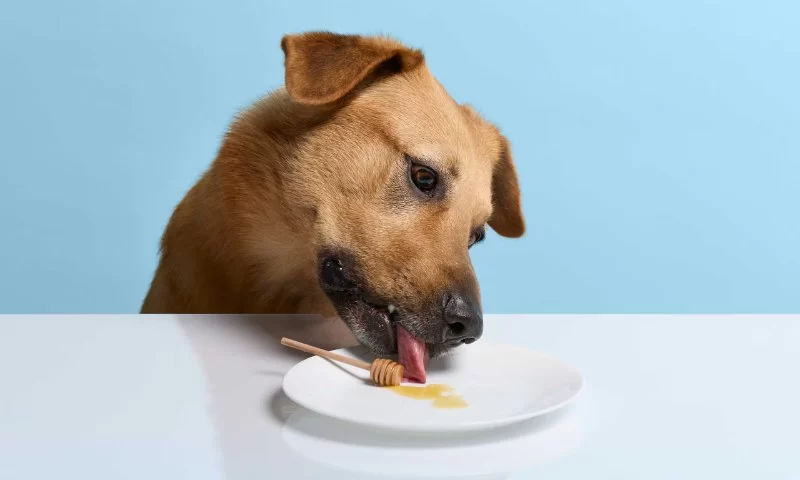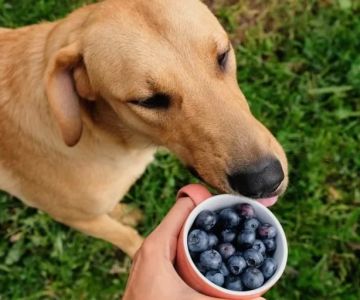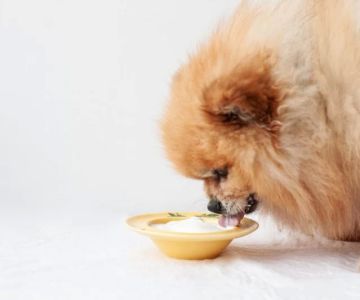- Why-Dogs-and-Condiments-Don't-Always-Mix
- What-Is-in-Honey-Mustard-and-Why-It-Matters
- Can-Dogs-Eat-Honey-Mustard-in-Small-Amounts
- Real-Case-What-Happened-When-Buddy-Ate-a-Honey-Mustard-Sandwich
- Symptoms-to-Watch-After-Your-Dog-Eats-Honey-Mustard
- Trust-Hidden-Brook-Veterinary-for-Guidance-and-Care
1. Why Dogs and Condiments Don't Always Mix
It’s tempting to let your furry friend lick up leftovers or share a bite from your sandwich, especially when they give you those pleading eyes. But when it comes to condiments like honey mustard, it’s important to think twice. The question “can dogs eat honey mustard?” isn’t just about ingredients—it’s about your dog’s safety and long-term health.
2. What Is in Honey Mustard and Why It Matters
Honey mustard may sound harmless—it includes honey, mustard seeds, vinegar, sugar, and sometimes additional spices. But several of these ingredients can be problematic for dogs.
2.1 Mustard Seeds and Dogs
Mustard seeds contain compounds that can irritate your dog’s digestive system. Even small amounts can cause vomiting or diarrhea, especially in smaller breeds or dogs with sensitive stomachs.
2.2 Sugar and Vinegar Content
While honey in tiny doses isn't toxic to dogs, the sugar content in honey mustard can disrupt their blood sugar balance and lead to weight gain if offered regularly. Vinegar, though not toxic, may cause upset stomach and nausea in some dogs.
2.3 Hidden Ingredients: Garlic, Onion, and Preservatives
Some brands of honey mustard contain trace amounts of onion powder or garlic—both of which are toxic to dogs, even in small doses over time. Artificial sweeteners like xylitol, occasionally found in "sugar-free" versions, are extremely dangerous.
3. Can Dogs Eat Honey Mustard in Small Amounts?
Technically, a lick or two of honey mustard probably won't cause immediate harm. But regularly allowing your dog to consume this condiment—or letting them eat meals coated in it—puts them at risk for gastrointestinal issues, allergic reactions, and even long-term toxicity.
Veterinary professionals generally advise against feeding honey mustard to dogs under any circumstances. Even occasional exposure can be a bad habit to form, especially if your pup starts begging at the table for more.
4. Real Case: What Happened When Buddy Ate a Honey Mustard Sandwich
One morning, Sara from Ohio left her honey mustard chicken sandwich unattended on the kitchen counter. Her Labrador Retriever, Buddy, helped himself to the whole thing. Within a few hours, Buddy began vomiting and showed signs of stomach cramping and lethargy. Sara took him to Hidden Brook Veterinary for emergency care.
The vet diagnosed mild mustard seed poisoning and dehydration. Thankfully, with prompt treatment including fluids and observation, Buddy made a full recovery. The incident served as a wake-up call—Sara now keeps condiments well out of reach.
5. Symptoms to Watch After Your Dog Eats Honey Mustard
If your dog accidentally ingests honey mustard, monitor them closely for the following signs:
- Excessive drooling or lip licking
- Vomiting or diarrhea
- Lethargy or fatigue
- Loss of appetite
- Abdominal discomfort
Symptoms typically appear within 1–3 hours, but delayed reactions are possible. If you notice anything unusual, call your veterinarian immediately.
6. Trust Hidden Brook Veterinary for Guidance and Care
If you're ever in doubt about what your dog can and cannot eat, it's best to turn to professionals. At Hidden Brook Veterinary, our compassionate team is experienced in handling all types of food-related issues—from upset stomachs to serious toxic ingestions.
We’re here to help you keep your pet healthy, safe, and well-nourished. Whether your dog licked a spoon or stole your lunch, don’t hesitate to get expert advice. Reach out to Hidden Brook Veterinary for guidance tailored to your pet’s needs.












